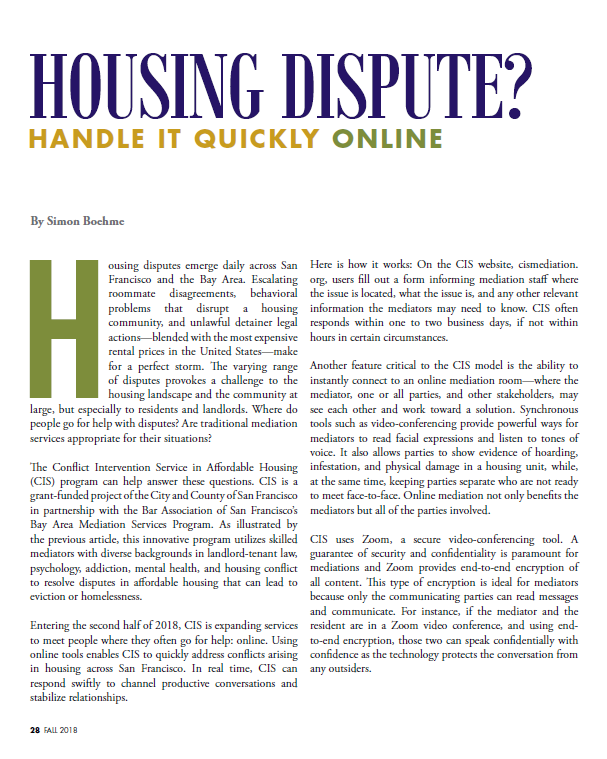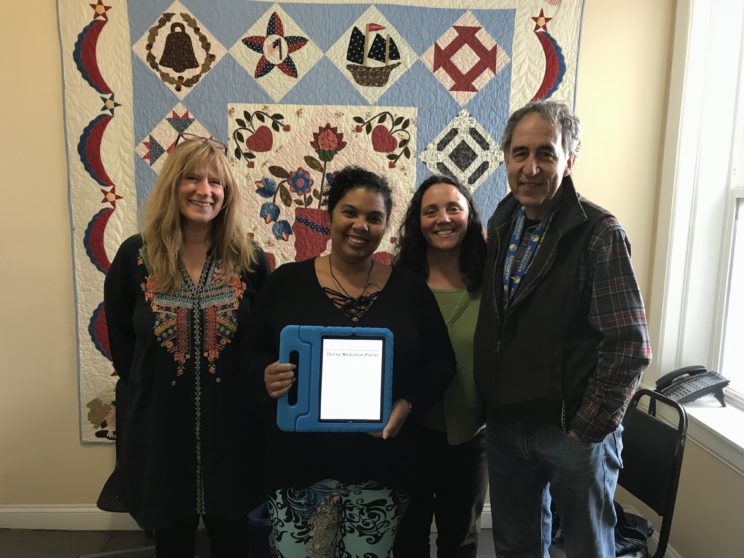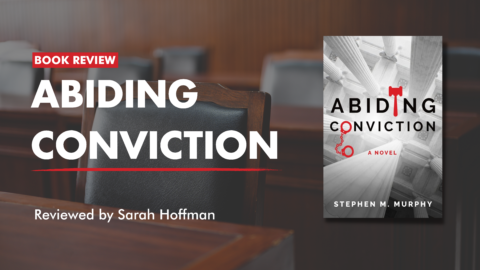
Housing disputes emerge daily across San Francisco and the Bay Area. Escalating roommate disagreements, behavioral problems that disrupt a housing community, and unlawful detainer legal actions—blended with the most expensive rental prices in the United States—make for a perfect storm. The varying range of disputes provokes a challenge to the housing landscape and the community at large, but especially to residents and landlords. Where do people go for help with disputes? Are traditional mediation services appropriate for their situations?
The Conflict Intervention Service in Affordable Housing (CIS) program can help answer these questions. CIS is a grant-funded project of the City and County of San Francisco in partnership with the Bar Association of San Francisco’s Bay Area Mediation Services Program. As illustrated by the previous article, this innovative program utilizes skilled mediators with diverse backgrounds in landlord-tenant law, psychology, addiction, mental health, and housing conflict to resolve disputes in affordable housing that can lead to eviction or homelessness.
Entering the second half of 2018, CIS is expanding services to meet people where they often go for help: online. Using online tools enables CIS to quickly address conflicts arising in housing across San Francisco. In real time, CIS can respond swiftly to channel productive conversations and stabilize relationships.
Here is how it works:
On the CIS website, cismediation.org, users fill out a form informing mediation staff where the issue is located, what the issue is, and any other relevant information the mediators may need to know. CIS often responds within one to two business days, if not within hours in certain circumstances.
Another feature critical to the CIS model is the ability to instantly connect to an online mediation room—where the mediator, one or all parties, and other stakeholders, may see each other and work toward a solution. Synchronous tools such as video-conferencing provide powerful ways for mediators to read facial expressions and listen to tones of voice. It also allows parties to show evidence of hoarding, infestation, and physical damage in a housing unit, while, at the same time, keeping parties separate who are not ready to meet face-to-face. Online mediation not only benefits the mediators but all of the parties involved.
CIS uses Zoom, a secure video-conferencing tool. A guarantee of security and confidentiality is paramount for mediations and Zoom provides end-to-end encryption of all content. This type of encryption is ideal for mediators because only the communicating parties can read messages and communicate. For instance, if the mediator and the resident are in a Zoom video conference, and using end-to-end encryption, those two can speak confidentially with confidence as the technology protects the conversation from any outsiders.
Using video tools within our mediation practice eases scheduling and saves parties the cost of traveling. Given the dynamics of housing conflicts, conversations do not exist in a vacuum. Often a property manager may want advice or coaching on managing a dispute with residents, and vice versa. Two roommates may wish to revisit a settlement agreement they made months ago. Perhaps a resident is scared of another resident, and only wants to talk with a mediator because there is no one else he or she trusts. The traditional model of mediation can’t accommodate these situations. But with CIS mediators trained in video-conferencing best practices, many of these shorter conversations can take place online while maintaining the important ability to see the other person. Stanford Law’s Legal Design Lab research suggests users of legal resources, particularly when it comes to access to justice and technology, generally find a face-to-face feeling is important. Giving users a sense of personalized guidance to resolve their disputes provides a meaningful engagement.
With the generous support of the City and County of San Francisco, CIS deployed six tablet computers to various community partners, including the Lower Polk Community Benefit District, as part of the Lower Polk Tenant Landlord Clinic, and to supportive housing units. Tablets provide flexibility and increase access to this essential online tool. Many residents using CIS services do not have smartphones or computers, and access to computers and wireless internet can vary from building to building. While some may have access to a telephone, the technology divide is prevalent in some buildings and deters people from accessing services. By deploying tablets, CIS hopes both residents and landlords will use our services more to bring mediated solutions to the table.
As one example, CIS deployed this tool to bring together a landlord’s attorney based in San Francisco, a resident living in San Francisco, and a mediator who otherwise would have needed to travel for an in-person mediation to happen quickly. The mediator was able to create separate caucus rooms (a useful tool for mediators on Zoom), to first hear from each side independent of the other about the nature of the situation. The mediator then brought the parties together into the video conference and conducted the mediation. Once an agreement was reached, the mediator wrote the settlement agreement. The mediation process was seamless, even though it had occurred online.
This is only the first iteration of many tools planned for the future. CIS continues to learn from all of its online and offline experiences. Supplementing face-to-face mediations with the use of technology to investigate and confer with each side only strengthens our ability to respond rapidly and flexibly to meet the needs of residents and landlords. CIS plans to expand its offering of online mediation to ensure no person deals with a housing conflict alone.
About the author:
Simon Boehme is a mediator and Online Dispute Resolution (ODR) expert. He is CEO of LegalWin. To learn more about CIS’s online mediation, visit www.cismediation.org or email us at cis@sfbar.org. To learn more about online dispute resolution, visit http://odr.info.



